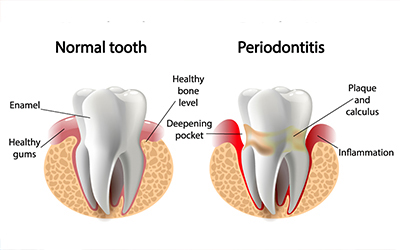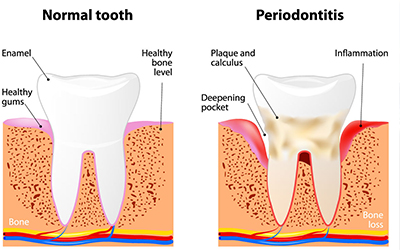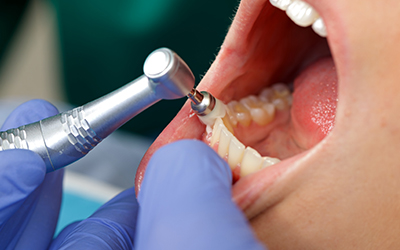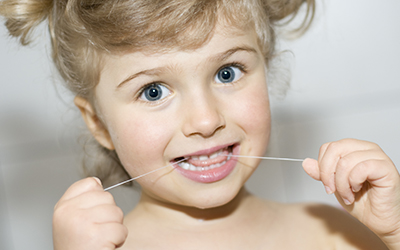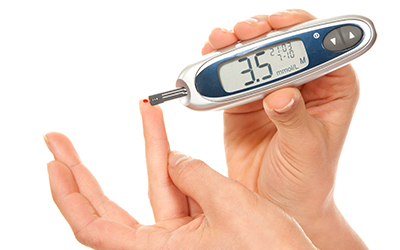Scheduling an appointment with us is easy. You can call us at (337) 221-0072, email us at info@duhondental.com, or request an appointment online.
We recommend arriving at our practice 10 minutes before your scheduled appointment with your insurance information in hand and paperwork already filled out. You may download and fill out the paperwork here. If you'd like to fill out the paperwork in our office, please arrive 15-20 minutes early.
Please bring the following documents when you visit our practice:
- Patient Information Form (available for download from our downloadable forms section)
- Patient Authorization Form
- HIPPA Consent Form
- Personal Identification (State-issued ID, Military ID, or driver's license)
- Dental Insurance Card
A typical first appointment at our practice can last around 30-45 minutes. However, keeping an extra thirty minutes in mind would be wise. That being said, the length of the first appointment will depend on the condition of your teeth.
You may find financing and accepted insurances in our New Patient section. However, don't hesitate to contact us for more information on dental insurance.
Common Dental Questions
We recommend visiting our practice every 6 months for dental checkups. However, if you have more prominent dental issues, we may recommend visiting our dental office every 3-4 months.
Besides flossing and brushing daily, we suggest incorporating the tips below to achieve excellent oral health:
- Avoiding tobacco use
- Adding more vegetables and fruits into your daily diet
- Avoiding sugary beverages and snacks
- Replacing your toothbrush once the bristles begin to look worn or every 3-4 months
- Brushing for 2 minutes
We recommend soft bristle toothbrushes. Medium and firm toothbrushes have the potential to damage teeth and gums.
Both powered and standard toothbrushes have the ability to clean teeth well. However, traditional toothbrushes with various bristle heights or angled bristles clean better than those without.
We recommend purchasing toothpaste with the American Dental Association (ADA) Seal of Acceptance which contain fluoride. An alternative to fluoride is acceptable for children who cannot spit or are learning how to brush. If using fluoride toothpaste for children, use a small amount - about the size of a pea.
Sensitivity toothpaste is excellent for individuals who experience sensitivity to cold or hot food or drinks. Let our dentist know about your sensitivity, as this may signify a more severe dental issue.
Mouthwash helps protect your teeth from cavities and tooth sensitivity and provides fresh breath. However, regular brushing and flossing should not be replaced by mouthwash.
Children under six should stay away from using mouthwash to avoid the chance of swallowing it.
Visit our dentist if you or a family member have any of these issues:
- Sores in your mouth
- Jaw pain
- Redness or bleeding gums
- Swollen face around the jaw, mouth, or throat
- Tooth sensitivity or tooth pain
- Broken teeth or loose teeth (not including children's eruption)
- Consistent dry mouth
- Consistent bad breath
- Awful taste in your mouth
- Complains of chewing or difficulty swallowing
Advancements in technology allow today's digital X-rays to release much less radiation. Although the radiation is significantly reduced with today's technology, our dentist will take additional steps to reduce radiation exposure by using a protective covering and targeting required areas only.
Initial exams typically include x-rays to help our dentist diagnose and review any dental issues. X-rays may be retaken every 1-3 years. Children usually receive more x-rays than adults because their teeth change and are more susceptible to dental cavities.
Articles
OUR Blog
Allow our family dentistry clinic to care for your oral healthcare needs with our comprehensive list of services, including dental crowns, dental restorations, teeth extractions, teeth cleaning & examination, teeth whitening, etc. In addition, we also offer essential dental care services such as dentures, partial dentures, veneers, and dental implants. Learn more about these dental services and trending oral healthcare topics in our monthly blog.
